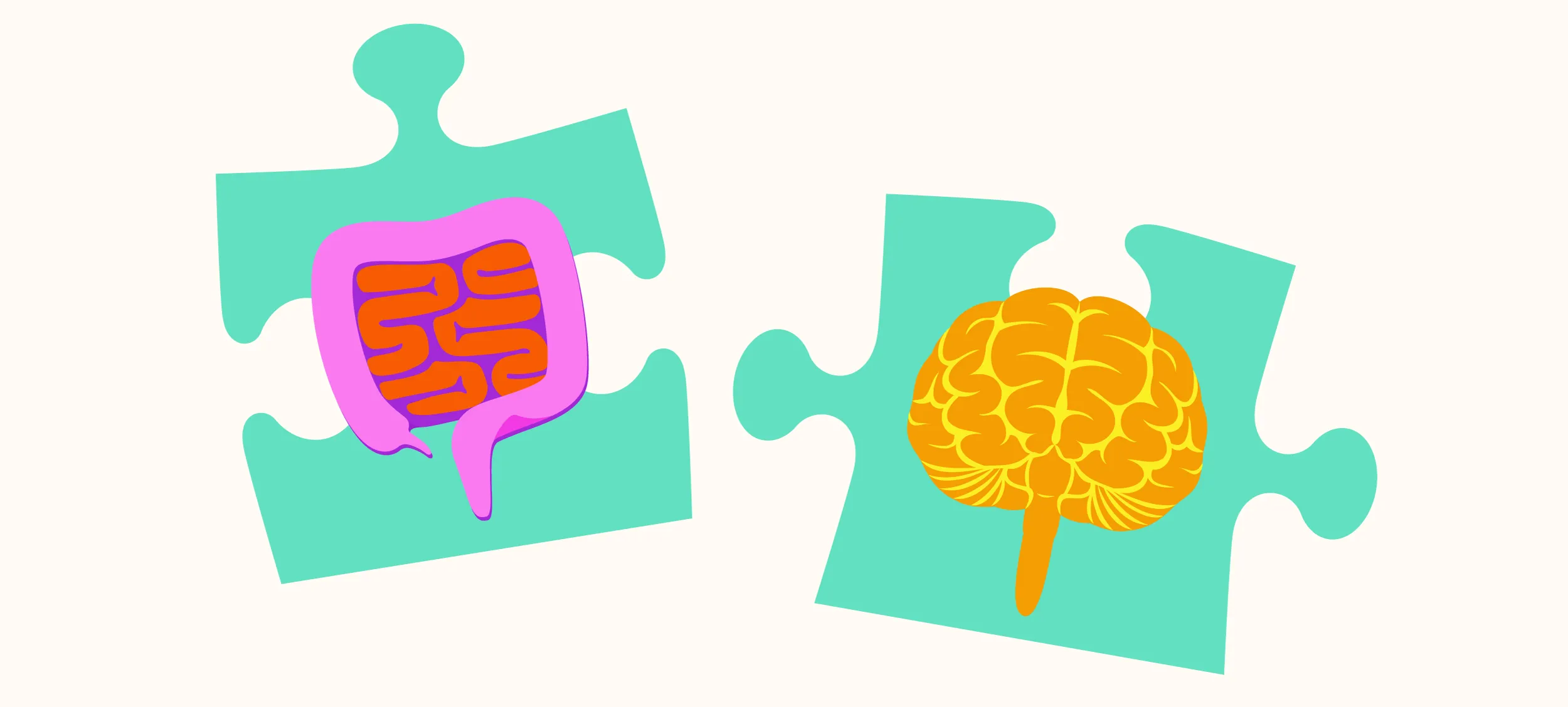
Our bodies are amazing systems. Many parts work together. The gut is more than digestion. It’s a complex inner world. Billions of microbes live there. This is our gut microbiome. It significantly impacts our immunity. A healthy gut means a strong defense. An imbalanced gut can cause problems. Understanding this link is vital. It offers new health strategies. Small changes can make a difference.
The gut is more than digestion.
Most people think about digestion. They picture food breaking down. But the gut does so much more. It’s a vast ecosystem. It has its own nervous system. This is the “second brain.” It communicates with the brain. It produces neurotransmitters. It influences mood and behavior. Its role extends far beyond food. It’s a central hub for health.
Billions of microbes live there.
Our intestines house a community. Trillions of bacteria reside within us. Fungi, viruses, and other microbes too. This collection is the microbiome. Each person’s is unique. It’s shaped by diet and environment. Birth mode and early life matter. Antibiotics can alter it significantly. This diverse population is crucial. It impacts countless bodily functions.
It significantly impacts our immunity.
A healthy gut is a strong defense. About 70% of immune cells are in the gut. The gut lining is a barrier. It prevents harmful substances entering. Good bacteria train immune cells. They help them distinguish threats. They produce beneficial compounds. These compounds reduce inflammation. An imbalanced gut weakens defense. This connection is fundamental.
A healthy gut means a strong defense.
When the microbiome is balanced. Beneficial bacteria outnumber harmful ones. They produce short-chain fatty acids. These nourish gut lining cells. They strengthen the gut barrier. They also communicate with immune cells. This leads to a balanced immune response. It reduces chronic inflammation. It enhances disease fighting ability. It’s a robust protective shield.
An imbalanced gut can cause problems.
Dysbiosis is gut imbalance. Harmful bacteria can take over. This can damage the gut lining. It creates “leaky gut” syndrome. Undigested food particles leak through. Toxins can also enter the bloodstream. This triggers a widespread immune response. It leads to chronic inflammation. Autoimmune conditions can worsen. This imbalance impacts overall health.
Understanding this link is vital.
Knowing about this connection empowers you. It highlights the gut’s importance. It explains various health issues. Chronic fatigue, skin problems, mood shifts. Many seemingly unrelated conditions. They might stem from gut imbalance. This understanding opens new doors. It offers targets for intervention. You can actively improve your health.
It offers new health strategies.
Focusing on gut health is proactive. Diet is a primary intervention. Lifestyle choices also play a role. Probiotics and prebiotics can help. Stress management is important too. Avoiding unnecessary antibiotics matters. These strategies build a healthier gut. They strengthen your immune system. This holistic approach is effective.
Small changes can make a difference.
You don’t need drastic overhauls. Start with simple, sustainable steps. Add fermented foods to your diet. Increase your fiber intake daily. Drink plenty of water always. Reduce processed foods gradually. Find ways to manage stress. These small shifts compound. Over time, they create a healthier gut. Consistency brings great rewards.
Diet is a primary intervention.
Food feeds your microbiome. What you eat shapes your gut. Processed foods, sugar harm good bacteria. They fuel harmful ones instead. A diverse plant-rich diet helps. It provides varied fiber types. Fermented foods offer good bacteria. Prioritize whole, unprocessed foods. Your food choices are powerful. They directly influence your gut health.
A diverse plant-rich diet helps.
Plants provide abundant fiber. Different fibers feed different microbes. This promotes microbiome diversity. A diverse gut is a resilient gut. Include fruits, vegetables, legumes, nuts. Vary your plant sources constantly. Aim for many colors on your plate. This ensures a broad range of nutrients. Your gut microbes thrive on this.
Fermented foods offer good bacteria.
These foods are natural probiotics. Yogurt, kefir, sauerkraut, kimchi are examples. They contain live beneficial microbes. These add to your gut’s population. They help rebalance the microbiome. Choose unsweetened varieties always. Introduce them gradually into your diet. Fermented foods are a tasty addition. They directly support gut health.
Probiotics and prebiotics can help.
Probiotics are live beneficial bacteria. They supplement your gut’s population. They come in various strains. Different strains have different benefits. Prebiotics are fiber that feeds good bacteria. They act as fertilizer for them. Found in garlic, onions, bananas. Talk to your doctor before supplements. They can guide your choices.
Stress management is important too.
The gut-brain axis is real. Stress directly impacts gut function. It can alter gut motility. It changes the microbiome composition. Chronic stress promotes dysbiosis. Find healthy coping mechanisms. Mindfulness, meditation, yoga can help. Exercise regularly to relieve tension. Protecting your mental health protects your gut. This connection is strong.
Avoiding unnecessary antibiotics matters.
Antibiotics kill bacteria. They don’t discriminate between good and bad. They can disrupt your microbiome profoundly. This creates an imbalance. Only take antibiotics when necessary. Discuss alternatives with your doctor. If you must take them, replenish gut. Consume probiotics after treatment. Restore balance quickly.
Protecting your mental health protects your gut.
The brain and gut are linked. Stress signals from the brain affect gut. Gut signals also influence the brain. This two-way communication is constant. Anxiety and depression can impact digestion. Gut dysbiosis can affect mood. Prioritizing mental well-being is crucial. It supports a healthy gut environment. This holistic view is empowering.
The gut lining is a barrier.
Think of it as a protective wall. It controls what enters the bloodstream. Tight junctions seal cells together. They prevent unwanted substances leaking. A healthy gut has strong integrity. Inflammation can weaken these junctions. This leads to increased permeability. This “leaky gut” is problematic. Maintaining barrier function is vital.
It enhances disease fighting ability.
A balanced immune response is key. The gut trains immune cells to be smart. They learn to tolerate harmless things. They identify and attack true threats. This prevents overreactions to food. It reduces autoimmune tendencies. A strong gut-immune axis is protective. It improves your body’s defense. It makes you more resilient.
This connection is fundamental.
The gut and immune system are partners. Their health is deeply intertwined. One cannot thrive without the other. Understanding this relationship is critical. It shifts focus from symptoms. It targets the root cause often. This foundational knowledge empowers you. It guides true health improvement. It’s a paradigm shift in wellness.
The gut’s vast microbiome profoundly impacts immunity; nurturing a balanced gut through diet, stress management, and mindful choices strengthens defenses and enhances overall well-being.
